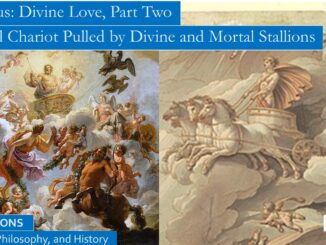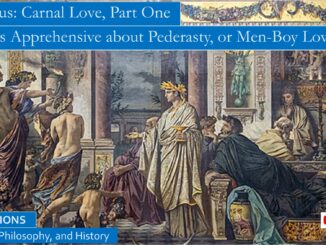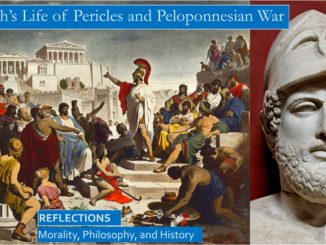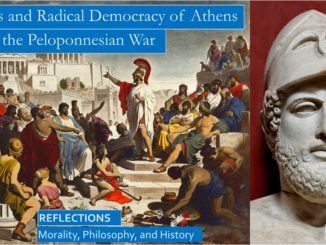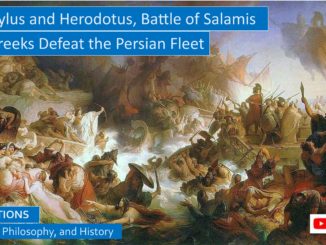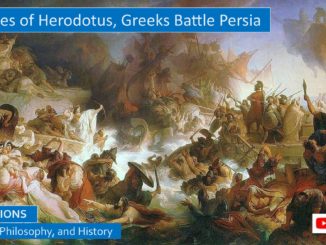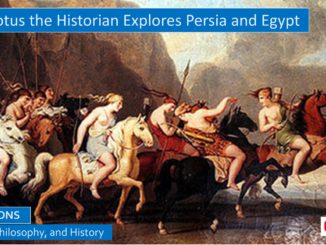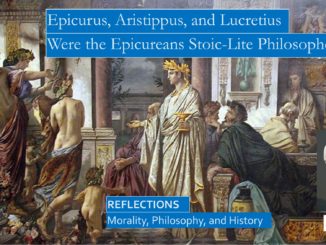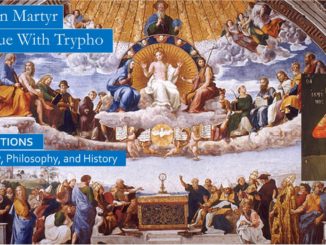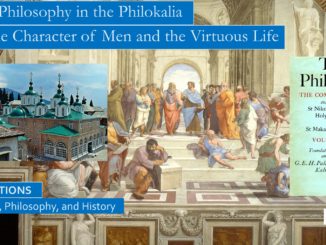What is our most precious possession? “A virtuous way of life, conforming to God’s will, surpasses all wealth. When you reflect on this and keep in your mind constantly, you will not grumble, whine or blame anyone, but will thank God for everything, seeing that those who rely on repute and riches are worse off than yourself.”(4) “The more frugal a man’s life, the happier he is, for he is not troubled by a host of cares.” We should seek the prosperity that fills our soul rather than our pocket, for chasing after new cars and castles and country clubs will only add to the cares of this world. Should we pray to God to fill our pockets, and should we complain to God when our pockets are not filled, complaining how our prayers are never answered? Should our prayers be a shopping list we hand to God? Thieves can steal our wealth, but never our virtue. Here the Philokalia teaches that we should never consider it a loss when we lose our children, our money, or our possessions, but be thankful for all the God has loaned to us for our use, realizing it could be taken away at any time. […]
